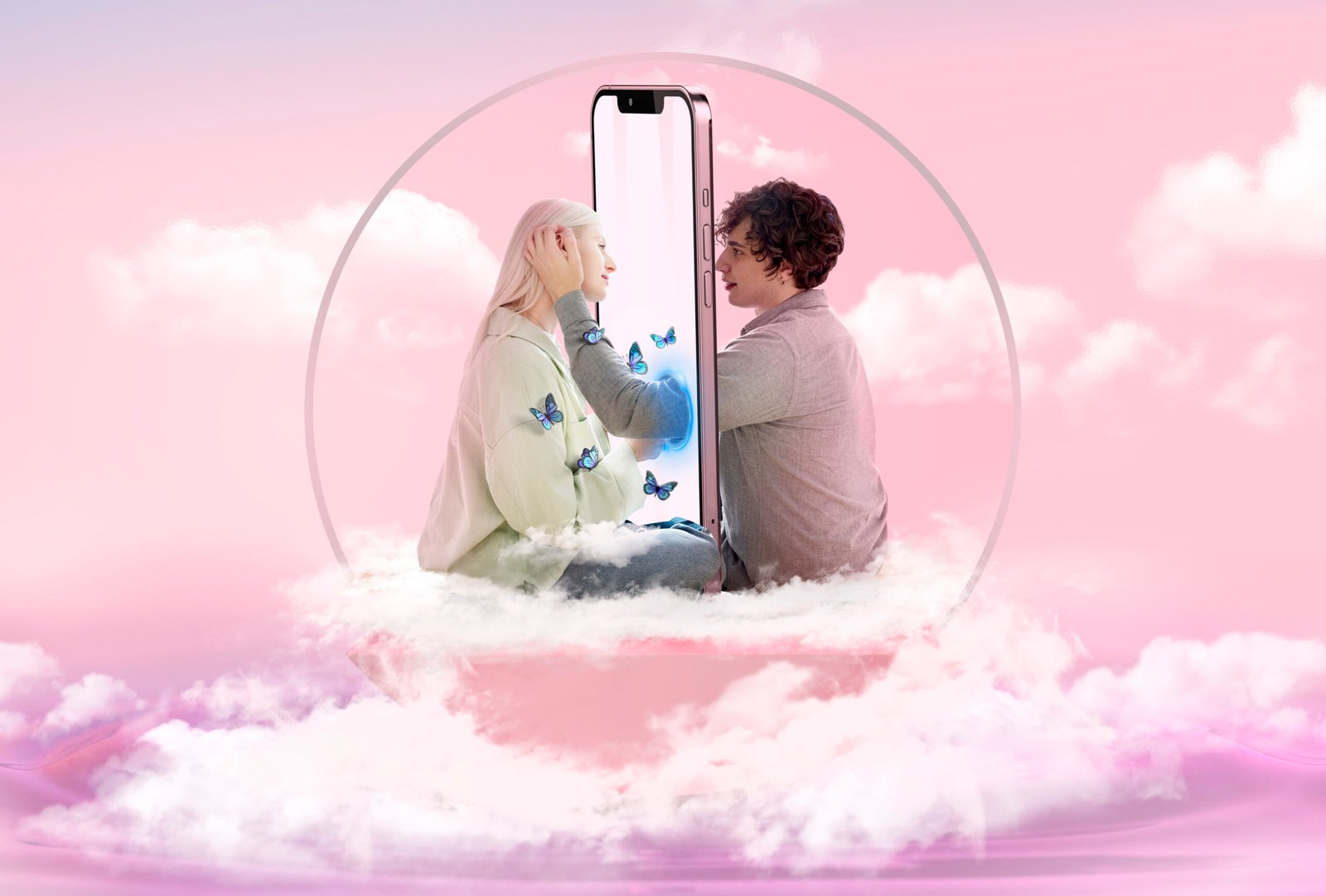The Evolution of Love: How Relationships Are Changing in the Modern World
Love and relationships have always been deeply personal yet undeniably influenced by the society around them. In today’s rapidly changing world, societal shifts, technology, and a growing emphasis on individualism are reshaping how we connect—not only romantically but also professionally. Let’s explore this evolution and the striking parallels between personal and workplace relationships.
The Influence of Technology on Connection
Gone are the days of handwritten letters and long, patient waits for a phone call. In the digital age, relationships are shaped by instant communication and a constant online presence. Apps and social media have redefined how we meet and maintain relationships, offering endless possibilities but also new challenges.
- Pro: Accessibility: Technology has made long-distance relationships viable and introduced us to people we might never have met otherwise.
- Con: Surface-Level Interactions: Constant scrolling and texting can create the illusion of closeness while lacking depth.
In the workplace, technology has similarly transformed how we connect. Remote work and digital collaboration tools have made it easier to work with global teams, but they’ve also introduced the challenge of maintaining authentic, human connections behind screens.
The Rise of Individualism
Modern relationships are increasingly defined by individual growth and self-discovery. People are prioritizing personal goals alongside—or sometimes over—romantic connections. This shift is reflected in trends like delayed marriage, fewer children, and an increased focus on mental health and self-care.
In workplace relationships, this rise of individualism is mirrored in the emphasis on personal career paths, side hustles, and the gig economy. Teamwork remains essential, but there’s a stronger focus on personal contributions and self-fulfillment within roles.
Shifting Societal Norms
Traditional relationship dynamics are being challenged as society becomes more inclusive and progressive. Concepts like co-parenting, polyamory, and gender-neutral roles are gaining visibility, allowing people to craft relationships that reflect their values.
Similarly, workplace dynamics are shifting toward inclusivity and flexibility. Hierarchical structures are giving way to collaborative environments where employees demand more autonomy and a voice in decision-making.
Navigating Modern Relationships
Whether in love or work, the key to thriving in modern relationships lies in adaptability and empathy. Here are strategies to navigate this evolving landscape:
- Embrace Open Communication
In romantic relationships, this means discussing expectations, boundaries, and goals openly. At work, it involves fostering transparent dialogues with colleagues and leaders. - Foster Emotional Intelligence
Understanding your partner’s feelings—or your coworker’s perspective—helps build trust and navigate challenges with compassion. - Balance Individual and Collective Needs
While personal growth is vital, it’s equally important to invest in the relationship. In workplaces, this translates to aligning personal career aspirations with team goals. - Leverage Technology Mindfully
Use digital tools to connect but set boundaries to ensure they enhance rather than hinder meaningful interactions.
What It All Means for the Future
As personal and professional relationships evolve, one thing remains constant: our desire to connect meaningfully. Whether navigating love or workplace dynamics, the future is about finding balance—embracing new tools and perspectives while holding onto the core values of trust, empathy, and collaboration.
In both arenas, the relationships that thrive will be those that adapt, grow, and honor the unique needs of individuals while strengthening the bond that unites them. After all, love—and teamwork—remains at the heart of every meaningful connection.




Leave a Reply